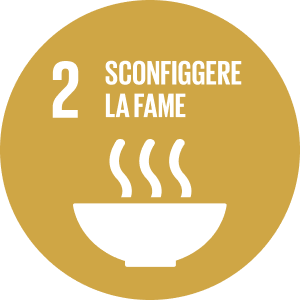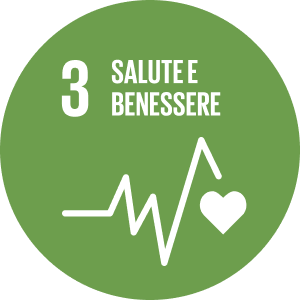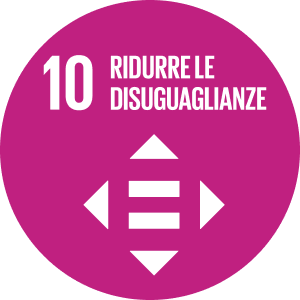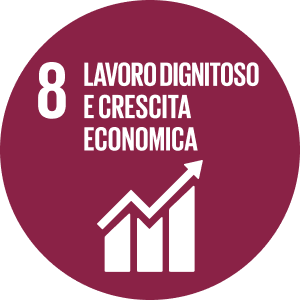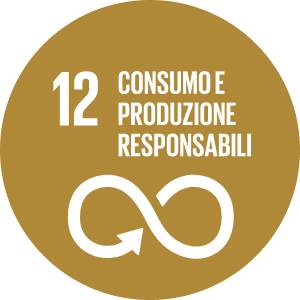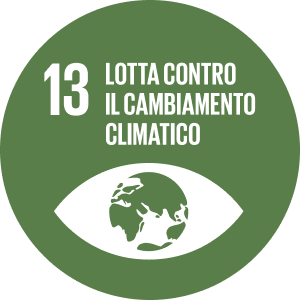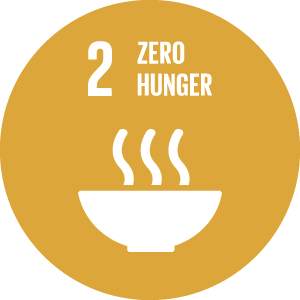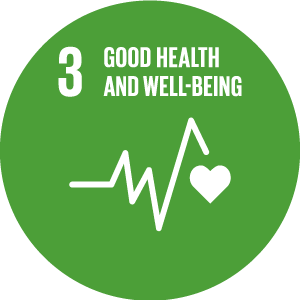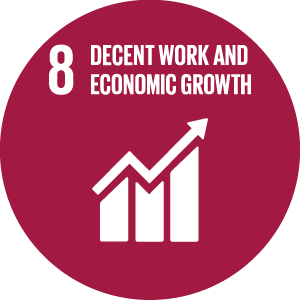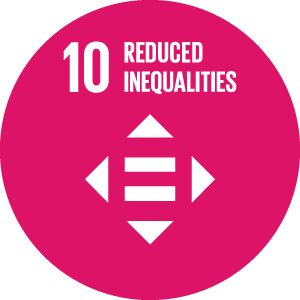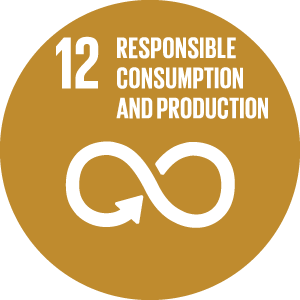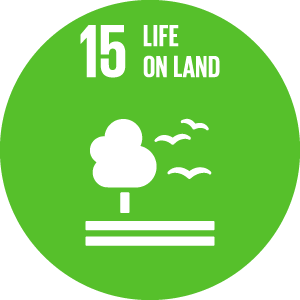
Materiality Analysis

The materiality analysis, as well as a reference point for identifying reporting areas, represents the strategic tool for defining the most relevant and significant issues for the Group and its stakeholders.
The concept of ‘materiality’ is closely linked, among other aspects, to the fact that these issues reflect the organisation’s significant economic, environmental and social impacts by influencing the decisions and investment choices of stakeholders with consequent repercussions on the Group’s ability to create value not only in the short term, but also in the medium and long term.
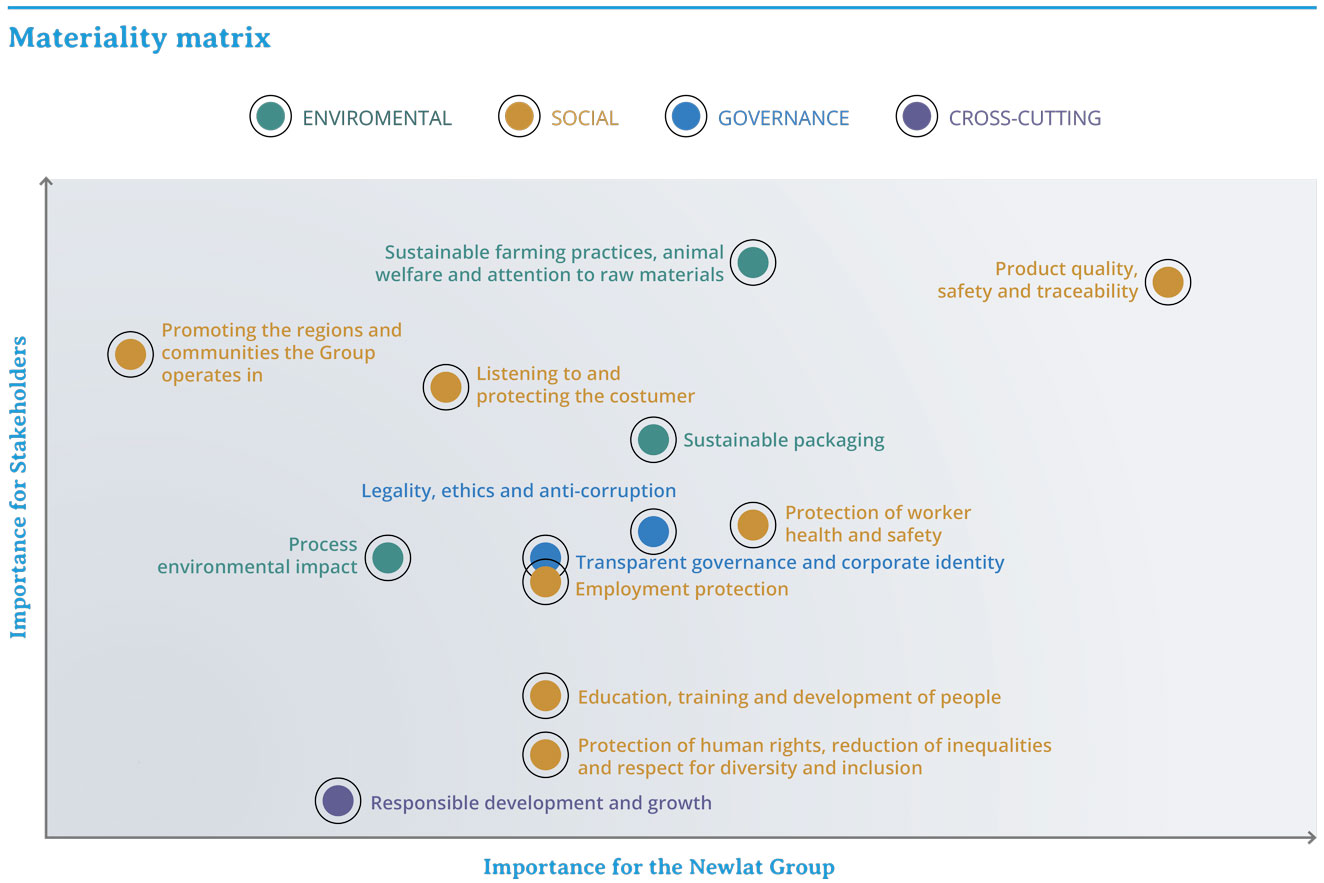
Double materiality
In recent years it has become increasingly clear how ESG issues create risks and opportunities from a double point of view: the financial one and the impact one. We are therefore moving from a concept of single materiality, whose focus and starting point was the company’s business itself, to a concept of double materiality that considers how relevant issues, with the associated risks and opportunities, can positively or negatively impact the business and the ecosystem in which the company operates.
In line with recent regulatory developments at a European level, Newlat Food has embarked on a path to monitor and communicate not only its impacts on people and the environment, the so-called impact materiality (with an “inside-out” perspective), but also the way in which sustainability issues affect the business and financial performance, i.e. financial materiality (with an “outside-in” perspective).
Impact materiality
inside-out perspective
The Group has identified its material topics through a multi-phase assessment process, detailed below:
STEP 1:
Identification of material issues
Possible material issues for the Group were identified through benchmarking with global sustainability trends, investor and ESG rating company surveys and through comparison with a panel of companies and industry organisations.
STEP 2:
Stakeholder Engagement
Following the identification of relevant issues, material topics had to be identified and the importance of these for the Group and its stakeholders were defined. Relevant issues were then assessed both internally and externally, initiating a Stakeholder Engagement Plan to determine the priority for the Group. Stakeholder engagement took place through surveys, one-to-one meetings and workshops.
STEP 3:
Validation of material topics
The results of the assessment were shared with and subsequently approved by the main internal stakeholders. Since, over time, there may be significant changes with respect to the assessment and prioritisation of each theme, material topics are systematically re-evaluated in order to align with stakeholder interests and expectations.
STEP 4:
Management of material topics
The material topics identified form the basis for the drafting of the Non-Financial Statement, in which the Group, among other things, reports on its performance, the impacts of its activities and how they are managed. For each thematic area, in fact, a reference corporate function is identified, with whose collaboration the actions necessary for the management and improvement of ESG aspects are defined.
Financial materiality
outside-in perspective
In order to further evolve the process and align with the GRI Standards 2021 and the dual materiality principles introduced by CSRD, Newlat Food has integrated the concept of financial materiality into its materiality analysis, whereby the company considers the risks and opportunities arising from the management of ESG issues and the impact these could have on its financial performance.
Starting, therefore, from the Risk Assessment, including ESG risks, the impacts (current and potential) suffered, and sometimes generated, in relation to the relevant issues identified, including financial impacts. The main positive and negative impacts were considered according to their level of magnitude and probability of occurrence, respectively.
Integrating the results of the assessments obtained from impact materiality and financial materiality and the related outside-in and inside-out perspectives, the material topics were ordered according to the value attributed in terms of double materiality, as a holistic combination of the two views. According to this criterion, the topics with the greatest impact are:








